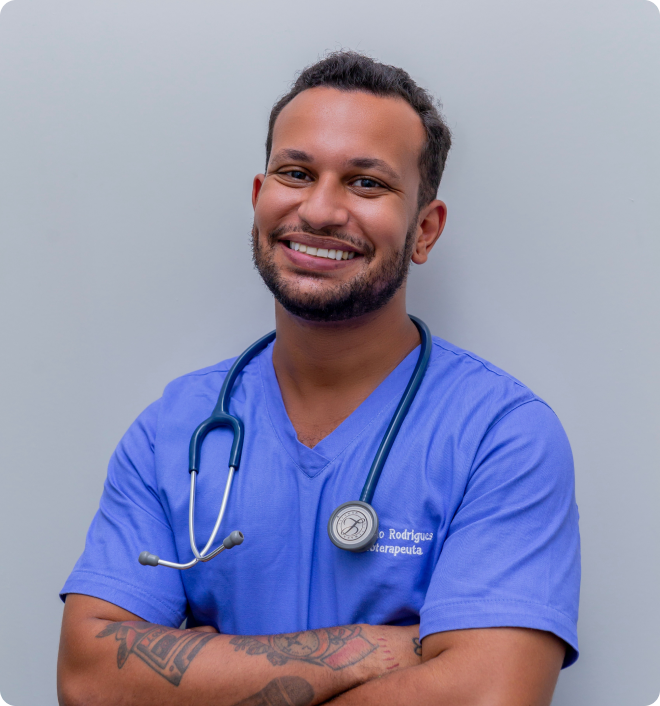Neurology is the branch of medicine concerned with the study and treatment of disorders of the nervous system.
Overview
The nervous system is a complex, sophisticated system that regulates and coordinates body activities.
- It has two major divisions:
Central nervous system: the brain and spinal cord - Peripheral nervous system: all other neural elements, such as eyes, ears, skin, and other "sensory receptors"
A doctor who specialises in neurology is called a neurologist. The neurologist treats disorders that affect the brain, spinal cord, and nerves, such as:
- Cerebrovascular disease, such as stroke
- Demyelinating diseases of the central nervous system, such as multiple sclerosis
- Headache disorders
- Infections of the brain and peripheral nervous system
- Movement disorders, such as Parkinson's disease
- Neurodegenerative disorders, such as Alzheimer's disease, Parkinson's disease, and Amyotrophic Lateral Sclerosis (Lou Gehrig's disease)
- Seizure disorders, such as epilepsy
- Spinal cord disorders
- Speech and language disorders
Neurologists do not perform surgery. If one of their patients requires surgery, they refer them to a neurosurgeon. Trainees in neurology must take responsibility for seeing new patients, undertake ward consultations, and operate at a level of responsibility which would prepare him/her for practice as an autonomous consultant neurologist. The trainee should undertake three outpatient clinics weekly throughout the training period. This may be reduced to two, but never routinely increased to four. New patients should be seen throughout the training period under suitable supervision in outpatients and the consultant trainer should review ward consultations directly with the trainee.
Supervision should be particularly close during the first one or two years. Particularly experienced trainees may undertake the running of an outpatient clinic on their own without direct consultant supervision. The trainee must be involved in the day-to-day care of neurological patients, supervise their clerking and investigation, and be responsible for organisation and dictation of discharge summaries. The trainee must have experience in organising an inpatient waiting list, counselling patients and their relatives and communicating with GPs.

Higher Specialist Training (HST)
Requirements
You must have completed Basic Specialist Training in the relevant specialty (or an equivalent programme) by the start date for HST. Please note that not all BST programmes offer consideration of equivalence.
You must have achieved a relevant postgraduate qualification such as MRCPI in General Medicine, General Paediatrics or Obstetrics and Gynaecology. Please note: we have reverted to the previous regulations regarding the examination which were in place before COVID-19. That is, all HST candidates must have successfully passed their MRCPI Clinical Examination relevant to their speciality before their HST interview date. There are no exceptions to this requirement.
You must be currently or previously registered on one of the divisions of the Irish Medical Council, or provide proof of eligibility for registration.
You must have proof of competency in the English language in line with HSE specifications. You must have demonstrated an aptitude for, and an interest in, that specialty.



